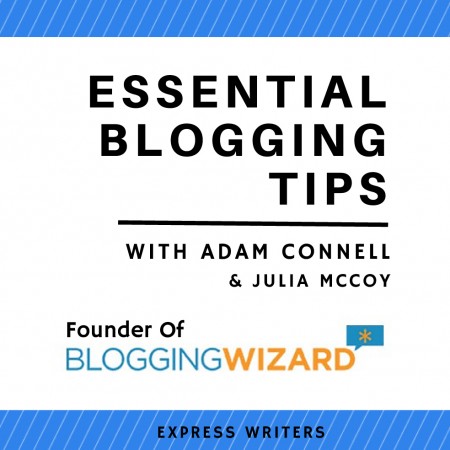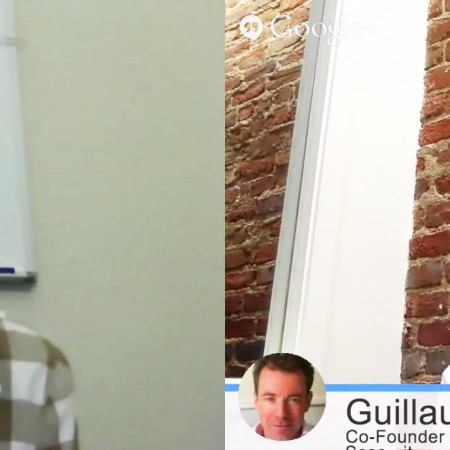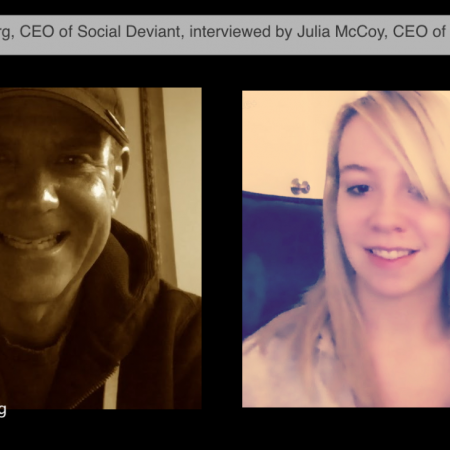Interview for the Write Blog: Copywriter & Content Strategist Diana
Today for the Write Blog, we interviewed one of our full-time writers, Diana. Diana is a journalism graduate, award-winning filmmaker and online content specialist. She dedicates her work to crafting content that connects people with stories and ideas that matter. When she’s away from the laptop, you can find her navigating through South America’s mountain trails or planning her next large-scale environmental project. Diana joined our team earlier this year and has become an integrated part, training closely with Julia for a course support role, and writing a myriad of content types for our clients. How did you first find out you liked to write? My dad is a writer and I’ve always been a big fan of him in many ways. So when I was about nine years old, I decided to submit a story for the Remembrance Day competition at my school. The story ended up winning first place and was announced at the annual ceremony. If you can remember being nine years old, winning basically anything was the best thing ever. So clearly, I exploded — and became totally obsessed. Soon after, I got a hold of my dad’s old briefcase, filled it with blank notebooks and begun writing long-winded mystery stories for a good length of time (Nancy Drew was my other hero). What (or who) were your early influences in writing? After my long-lived Nancy Drew/Harriet the Spy phase and survived my too-cool-for-school chapter, I was introduced to a handful of influencers in University. Besides my incredible journalism/writing professors and mentors, there were some other special people I surrounded myself with: I ABSORBED Kurt Vonnegut. Like I wanted to take his work and inject it into my body somehow. Douglas Coupland and Rawi Hage were fairly prominent in my life, too. David Sedaris was pretty much my long-distance, secret mentor for my short story work. Hunter S. Thompson was my muse. Charles Bukowski, Leonard Cohen and Sylvia Plath were my sad, soulful weekend mentors. At this time, I was also regularly writing lyrics for a band I was in. I think this may have been one of the greatest influences for my writing: The self-disciplined study of lyricism and poetry. It gave my writing a certaindepth and flavour. Henry David Thoreau was a game-changer, though. I think I’ve read Walden 4 times. This, combined with tree planting expeditions and my insatiable love for scriptwriting eventually led me to creating work for a purpose, rather than simply the joy of storytelling. What kind of topics get you excited/passionate to write about and why? I love characters. Profile pieces, especially on zany people, make me giddy. I also love every aspect of writing for environmental topics. I try to learn as much about environmental issues on the side to help my craft in this field. Honestly though, any topic that has the potential to influence further development in either myself or the world at large has me pretty pumped. This can include: – content marketing – social enterprises – psychology and self-development – new cuisine or farming practices – specific technology Do you have any daily/typical writing rituals? I meditate. I go through stints where I don’t do it as often, but it’s clear how it affects my concentration and therefore my writing. Meditating every morning before looking at screens improves the overall productiveness of my day significantly. Clear/calm mind + blank paper + coffee = real potential. What books, tools, websites have helped your writing the most? I’m kind of old school. I believe the simple discipline of reading and writing a desired topic/style can boost your abilities. Currently, I’m trying to improve my content writing, so I’m reading Julia’s book while following various blogs. I use Feedly to help me stay updated with specific styles of content I’m focusing on — which is actually the most high-tech I’ve ever been in this respect. What is your favorite article that you wrote? It was called, “Massacre on Dundas Avenue.” It was an investigative piece on why there were so many dead squirrels littering the main roads in my town. The article was a result of a casual observation that led to a broader issue — an approach I feel makes for the best articles. A favorite client that you worked with? Dr. Graham’s Homes, which is an orphanage and school in Kalimpong, India. I wrote a number of the graduate’s testimonials for their main site to encourage essential funding. The stories these students shared were truly inspiring, some of them almost chilling. Being given the chance to take these stories and mould them into something tangible was an honor. What is the oddest writing assignment you’ve ever had? I covered a radio story on the inside life of a trailer park, which was actually a few hours away from where the TV show, Trailer Park Boys was shot. The assignment required me to go door-to-door and interview residents of the area, which proved to be both terrifying and awe-inspiring. The range of characters was vast, but one common theme that carried through was the residents’ ability to effortlessly entertain guests. How does your writing career help you either creatively, personally, or financially? My writing career not only pays the bills and my ability to travel (which includes its own benefits), but it encourages me to evolve on a personal level. I believe that constantly working on a craft, whether it be art, carpentry, music or writing, enhances your ability to expand in a myriad of ways. It helps you practice humility, and when done well and enjoyably, can be beneficial for your spirit and overall well-being. The craft of writing helps you connect with people and ideas. It supports continual learning, curiosity, and encourages open-mindedness. Needless to say, invaluable gains.





